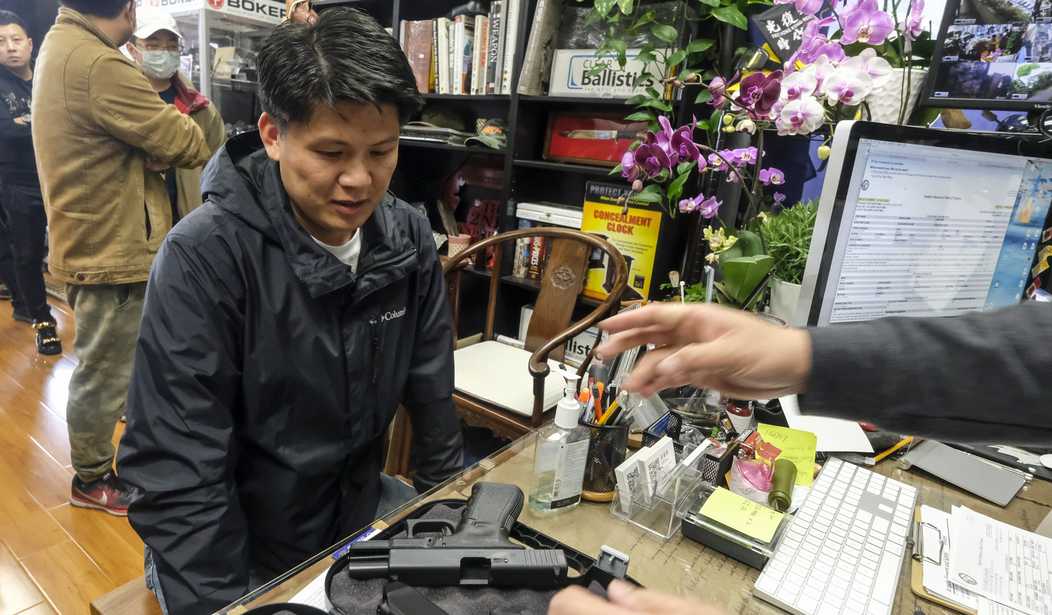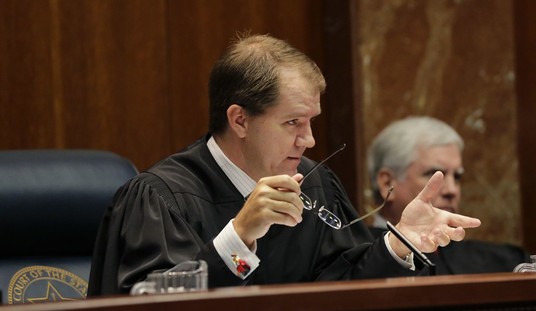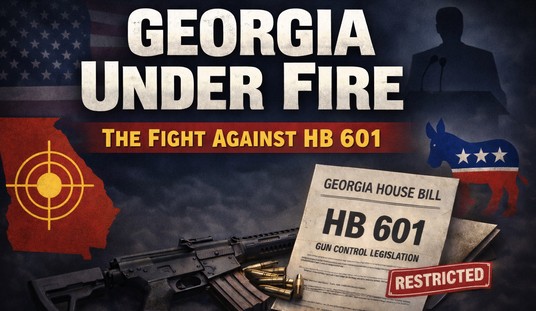Back in the 1990s the state of Florida adopted a three-day waiting period on all handgun sales; a law that was expanded to include sales of all firearms after the Parkland shootings in 2018. Today the National Rifle Association announced a new lawsuit filed in federal court that challenges the waiting period.
As the NRA notes, courts around the country have declared these schemes unconstitutional, including a recent Tenth Circuit Court of Appeals decision that ruled New Mexico's seven-day waiting period a violation of our Second Amendment rights. In their complaint, the NRA and other plaintiffs argue that Florida's law, which like New Mexico's statute exempts concealed carry licensees, is just as constitutionally infirm as the Land of Enchantment's law struck down by the Tenth Circuit.
These Cooling-off Waiting Period Provisions are distinct from those waiting periods that exist solely to afford sufficient time to conduct a background check. Indeed, Florida’s firearm waiting periods are completely unrelated to the time it takes to complete a background check—even if the background check comes back clean instantly, the purchaser still must wait three days.
Instead, these provisions exist simply to impose an arbitrary delay and a forced period of reflection between purchase and delivery of a firearm—in essence, a “cooling-off” period. Because both of the Cooling-off Waiting Period Provisions burden the right to keep and bear arms, and because the government could never meet its burden to establish a historical tradition of regulation that justifies them, they are unconstitutional under the Second Amendment to the United States Constitution, as made applicable to the states by the Fourteenth Amendment.
While states like New Mexico have sought to defend the waiting period as a "commercial regulation" on gun sales that's presumptively lawful according to the Supreme Court, the Tenth Circuit rejected that defense by pointing out that the waiting period applies even after the sale has been completed. The NRA, building on that language, argues that "the very purpose of the law is to limit the ability of a purchaser to obtain a firearm".
The fact that the Cooling-off Waiting Period Provisions contain exceptions fo rholders of a concealed weapons permit, for the trade-in of another firearm, for the purchase of a rifle or shotgun by a law enforcement officer, or by those who have completed a hunter safety course, demonstrates that there are some classes of purchasers for which Florida does not think a three-day waiting period is necessary. If the Cooling-off Waiting Period Provisions were a true commercial regulation, it would not maintain exceptions based on the category of purchaser.
It's up to the state of Florida to point to a historical tradition of "cooling off periods" in order to justify the law's existence, and NRA says that's simply impossible to prove.
In fact, the first waiting period law was not enacted until 1923, and involved a one-day waiting period for handgun sales in California to provide more time for background checks to be conducted (a process which is nearly instantaneous today. Under Bruen, analogies from the 1920s are far too late to offer a historical analogue to the issue of waiting periods. Moreover, it was not until the last decade of the 20th Century that a state implemented a waiting period that required the buyer of a firearm to wait longer than was necessary to conduct a background check before taking possession of their firearm. Even the 1923 waiting period law in California was not a “cooling off” waiting period, and thus would fail the “why” test contained in Bruen, with respect to analogizing to “why” an historical law was enacted.
I hesitate to call this a slam dunk of a lawsuit, if only because the Eleventh Circuit Court of Appeals has issued some screwy decisions in 2A cases, like upholding Florida's ban on gun sales to adults younger than 21 on the cockamamie theory that they're considered "minors" when it comes to keeping and bearing arms. Still, the NRA makes a strong argument, and buttressed by the Tenth Circuit opinion and a similar ruling by a federal judge regarding Maine's waiting period, I think the plaintiffs have an excellent shot of striking down this restriction going forward.
Editor’s Note: The radical left will stop at nothing to enact their radical gun control agenda and strip us of our Second Amendment rights.
Help us continue to report on and expose the Democrats’ gun control policies and schemes. Join Bearing Arms VIP and use promo code FIGHT to get 60% off your VIP membership.









Join the conversation as a VIP Member